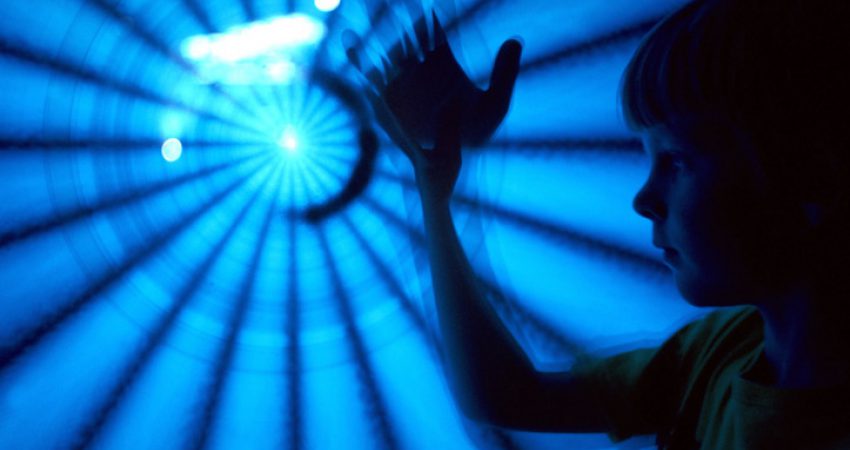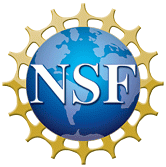
By Katie Van Horne - June 2011
PAPER CITATION
Van Eijck, M. & Roth, W.-M. (2009). Authentic science experiences as a vehicle to change students’ orientations toward science and scientific career choices: Learning from the path followed by Brad. Cultural Studies of Science Education, 4, 611–638.
This study aims to answer two questions important to informal science learning: What is “authentic”? And, why do we want students to have authentic science learning experiences? Using ethnographic methods, the authors developed a case study over the course of one year of an Aboriginal student, Brad, who participated in a scientific internship program that included both nature conservation and laboratory work. The article analyzes how Brad’s cultural identity interacted, influenced, and hybridized with the scientific and other practices he participated in during his internship. The authors reach the conclusion that science experiences were authentic when “the outcomes of these practices served practical and meaningful aims” and “served the community writ large” (p. 633). Providing students with such experiences allowed educators to “avoid indoctrinating students of different origin with particular forms of knowledge that constrain their capabilities to both contribute to and articulate their cultural identity through practice in which they engage as part of schooling and future careers” (p. 635). They note that there are a variety of outcomes from authentic science experiences. These depend on the cultural identities of the learners and therefore they cannot be specified before time.
Brad’s nature conservation work focused on the restoration of a marine ecosystem that was once a major source of marine harvesting for his people; thus the work intersected with his cultural identity and that of his people. He also brought a great level of native plant expertise to the conservation work and this influenced a change of practices of the conservation group he worked for.
In the water laboratory experience, Brad observed the practices of the technician and was able to gain insight into the scientific practices of marine conservation. He was only an observer in the work and did not contribute to the actual work. In addition, he was able to see how the data were not adequate for the policy makers to support restoration of the marine area.
The authors observed that Brad’s participation did not change the scientific practices of the lab. Moreover, they found that laboratory practices seemed to be of limited value to Brad because of an incongruity between Brad’s cultural epistemology (that valued the complexity of nature) and the laboratory practices (that seek to disaggregate and simplify the complexity of the environment). Before doing the internship, Brad was interested in a career in laboratory science but after completing the internship, he began taking classes to pursue a career as an ethnobotanist or a native plant nursery owner. He did not see himself as being able to allow his cultural identity to coexist with the profession of laboratory scientist. Laboratory science does not account for the multitudes of ways science occurs in the world. Here, structuring a variety of authentic experiences for learners is necessary to find a place for cultural and science identities to coexist.
Further Reading
Battiste, M. (2002). Indigenous knowledge and pedagogy in First Nations education: A literature review with recommendations. Ottawa: Indian and Northern Affairs Canada.
Kozoll, R. H., & Osborne, M. D. (2006). Developing a deeper involvement with science: Keith’s story. Cultural Studies of Science Education, 1, 161–187.
Roth, W.-M., & Barton, A. C. (2004). Rethinking scientific literacy. New York: Routledge.
Van Eijck, M. W. (2007). Towards authentic forms of knowledge. Cultural Studies of Science Education, 2, 606–613.




